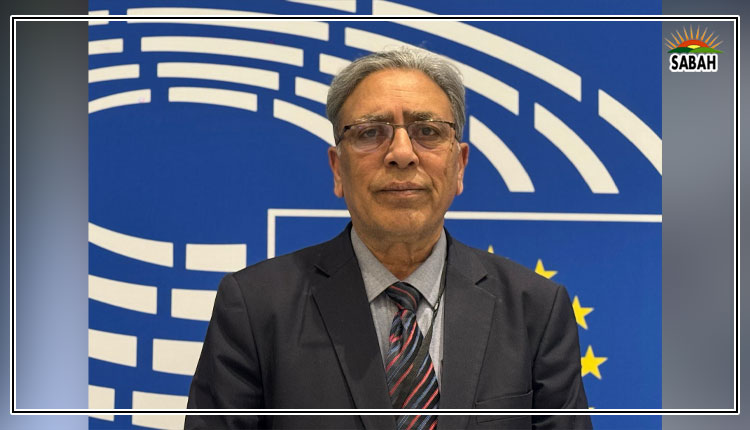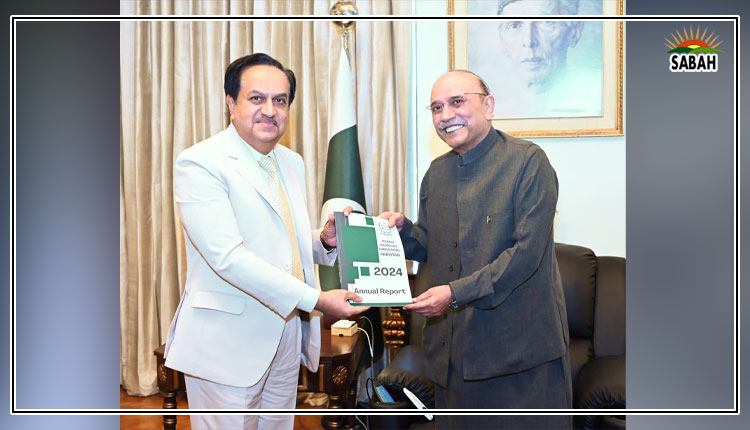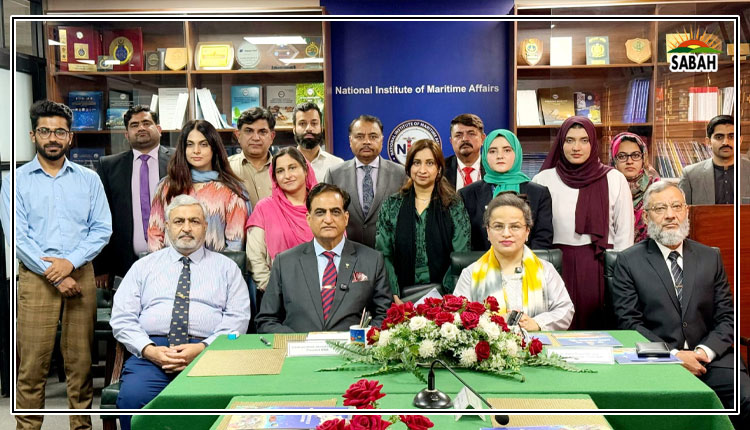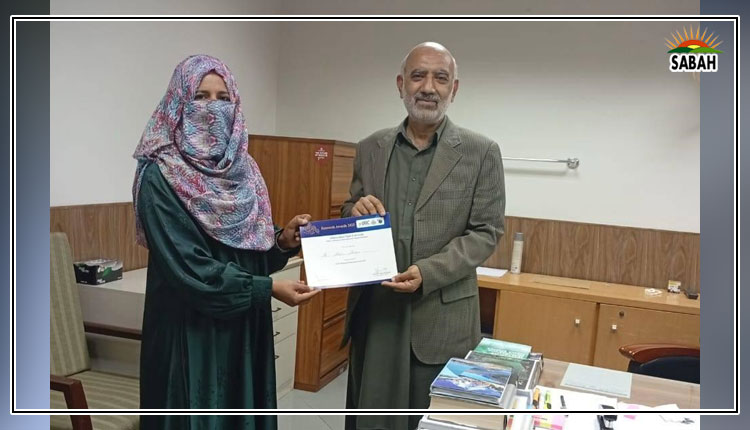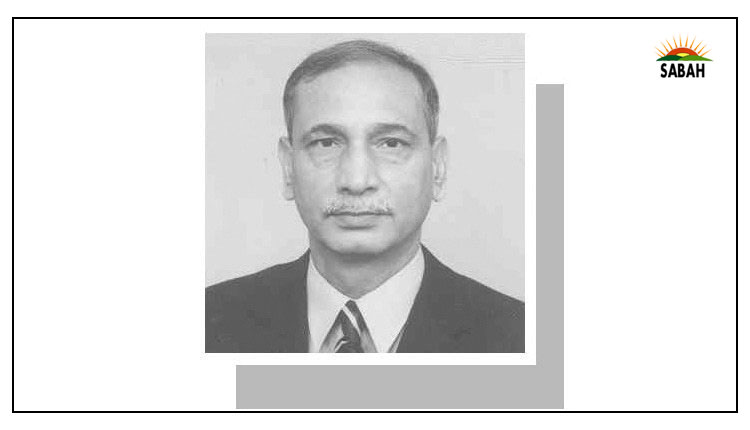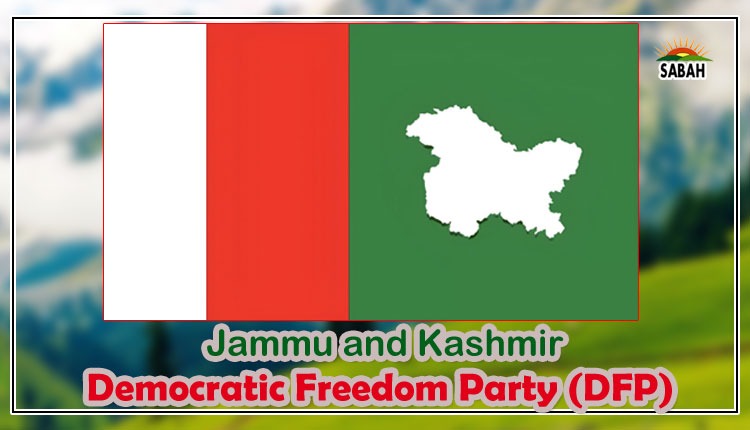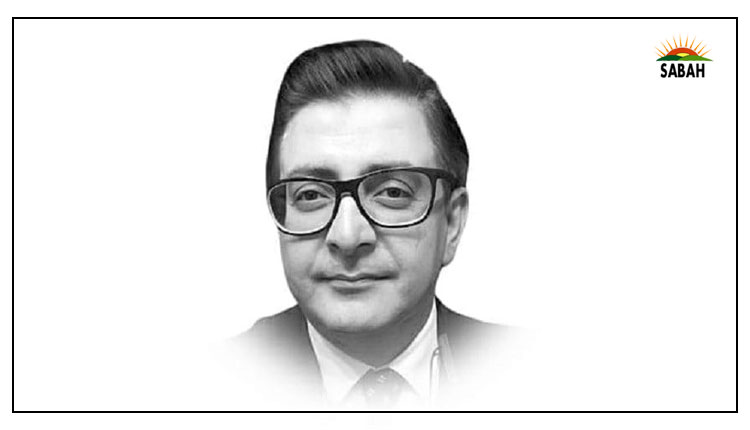Forty-five left …. Farrukh Khan Pitafi
Two big stories. One dutifully ignored by our electronic media. The other magnified to a terrifying extent. One about India’s general election, which began yesterday. The other about the escalation between Israel and Iran. Fortunately, one of these two is finite. India’s election concludes in forty-five days. So, let us talk about that one.
In the past three decades, India’s importance has grown exponentially worldwide. You can credit four rulers for this incredible transformation — Narasimha Rao, Atal Vajpayee, Dr Manmohan Singh and finally Narendra Modi. Rao, along with his then finance minister Singh, opened India up for foreign investment and economic reform. Vajpayee used the leverage resulting from the improving economic health and an ongoing war against terror to bring India closer to the West while not letting go of the old allies like Russia or even frenemies like China. Manmohan Singh, through the nuclear deal, made it official. And Modi, with the help of an exceptionally competent national security team, honed this leverage into a powerful weapon. Or at least this is how India’s official national security narrative goes. The question then is what comes next. Certainty, absolutism or uncertainty. Therein lies the answer to the riddle that is India’s election.
As you must be well aware, after ten years in power, Prime Minister Modi is fighting for his legacy and successor. The word on the ground has it that after his victory, Modi plans to retire in a year and hand over the reins of power to his lieutenant and close confidante, Amit Shah. Now in an opaque system, as India has grown to be under Modi, it is very difficult to verify such claims. But when words fail you, silences can speak. So far, neither the BJP’s head, JP Nadda, nor the RSS supremo Mohan Bhagwat or, for that matter, Modi himself, have said anything to dispel the notion.
It is believed that Modi has effectively used the BJP’s policy of encouraging politicians to retire at 75 to eliminate many important rivals like LK Advani. And now the shoe is on the other foot, and he turns 75 next year. So what do you do? You use the remaining time in power to build your legacy and establish your bonafides as a national hero. Then you hand over power to Shah, and when the incumbent president’s time is up, you assume that role to continue your policy stewardship by other means. Simple? It sounds so. But is it? Let us see.
Remember, India is a very diverse and, therefore, complex polity. What Modi has achieved in the past ten years by becoming the indispensable leader of 1.4 billion is a feat of no mean proportion. He accomplished this by catering to one of the most basic demands of his people, the demand for stability and certainty. Why do you think so many Indians are fine with the idea of a more authoritarian ruler? Because they crave stability and have learned to trust Modi. ‘Modi ki guarantee’ has become a thing for a reason.
But if the reports mentioned above are correct, then at least for the next five years, Modi cannot guarantee that stability. What happens then? Gloves come off, and other competitors jump in. The most prominent of them all is UP’s chief minister Yogi Adityanath. He has waited for his turn in Modi’s shadow for two terms, and while working with Modi comes naturally for him, letting Amit Shah claim the Delhi throne might be too much for him. Shah also knows this, and perhaps that is why many candidates thought to be close to Yogi, like the former army chief Gen (retired) VK Singh, did not get that ticket. Yogi comes from the Rajput clan, and sensing that he might be next to receive the boot if Modi returns, his caste members have vowed to oppose his re-election at any cost.
The second potential challenger is the Union Transport Minister Nitin Gadkari. While Yogi is popular among the BJP’s rank and file, he is not the RSS candidate. That favour goes to Gadkari. Interestingly, while he may manage to win back his seat from Nagpur, the RSS’ seat of power, his close allies believe that Shah is actively trying to undermine his candidature. To Yogi and Gadkari, it may prove helpful if the BJP fails to form the government at the Centre this time. This aligns with how Modi replaced Advani as his party’s premiership candidate.
Separate from all this, culling has been witnessed during the party’s ticket-awarding process, where many firebrand leaders have been skipped. This could be attributed to Modi’s desire to reposition the party’s brand and make it palatable to the moderate voters or Shah’s desire to remove all insurgents from a position of power. But this story of a divided house only keeps getting more interesting.
You may ask, we have not even broached the subject of the opposition’s bid to displace the incumbent until this late in this piece. The answer is that this lack of attention to the multiparty INDIA coalition is its try superpower. While this high drama unfolds within the ruling NDA alliance, it has been gaining momentum and traction while flying under the radar. By cobbling together a coalition of disparate political forces, his twin countrywide yatras, and by presenting a manifesto with a finger on the ordinary person’s pulse, Rahul Gandhi has shown how much he has grown in the past decade. But will all of this be enough? The honest answer is that we do not know.
The biggest problem with ascertaining the truth is that an average voter’s faith in media and pollsters is badly shaken. You will find very few people not totally enamoured with Modi’s charms who believe the media is either free or trustworthy. In the absence of such impartiality, silos of opinions have emerged. So, if you listen to the voices in the mainstream media, you may conclude that Modi might quickly achieve his 400-seat goal for the NDA. If you listen to the dissenting voices on YouTube or elsewhere, you may think Modi’s loss is a given. In the spirit of fairness, one should point out that the YouTubers in 2019 were proven woefully wrong. Since then, their ranks have grown, and some of the finest dissenting voices have found refuge there. Does this change anything? We will undoubtedly see an answer in 45 days. But until then, the opposition may want to remember that the time for action is now, and the ruling coalition may need to recount the virtues of unity.
Courtesy The Express Tribune, April 20th, 2024.


